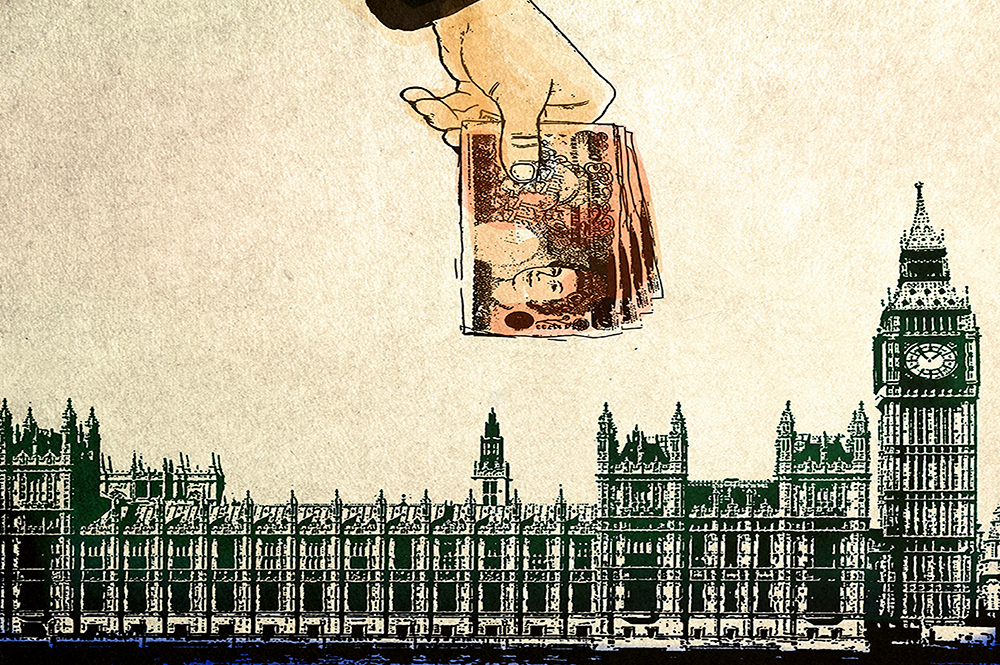
The Bank of England’s chief economist has caused a bit of a stir. Speaking to a Columbia Law School podcast earlier this week, Huw Pill declared that “somehow in the UK, someone needs to accept that they’re worse off and stop trying to maintain their real spending power by bidding up prices, whether through higher wages or passing energy costs on to customers, etc”.
He went on to say that “what we’re facing now is that reluctance to accept that, yes, we’re all worse off and we all have to take our share; to try and pass that cost on to one of our compatriots and saying: ‘We’ll be alright, but they will have to take our share too.’ That pass-the-parcel game that’s going on here, that game is one that’s generating inflation, and that part of inflation can persist.”



